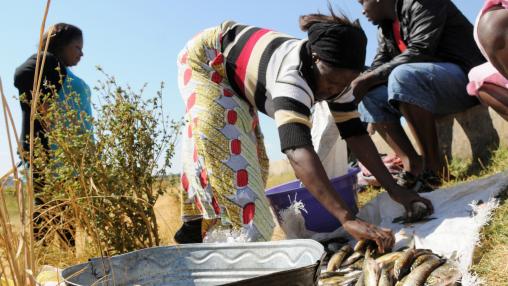
Improving Agricultural Value Chains
Better linking Africa’s rural smallholder population to national, regional, and international agricultural value chains is a key rural development and poverty reduction priority. Which types of interventions will be successful in improving such linkages is highly context-specific, however, depending on the country, the target population, and the specific product being marketed. In a new book , IFPRI researchers examine how to best evaluate and implement context-specific value chain development (VCD) interventions, with several case studies conducted in Africa south of the Sahara.
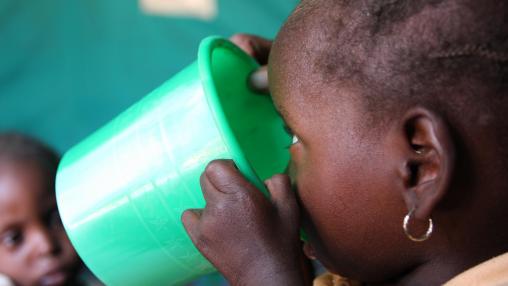
Nigeria Continues to Face Widespread Food Security Emergency
As many as four million people in northeast Nigeria currently need emergency food aid due to ongoing conflict and significant depreciation of the Naira, according to FEWS Net’s latest coverage on the region. Large segments of the population in the northeastern part of the country are in Emergency (IPC Phase 4) acute food insecurity, with limited data suggesting some populations could even be facing possible Famine (IPC Phase 5) food insecurity.
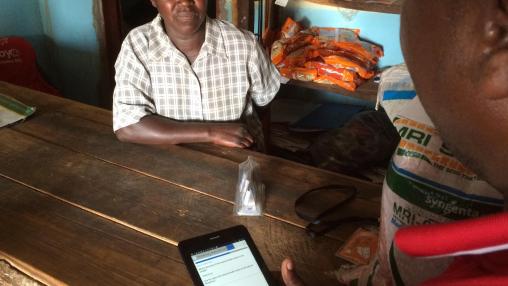
Virtual Dialogue: Food Security Information for Food Access & Nutrition
When it comes to policymaking, sound information is key. This is especially true for agriculture and food policies in Africa south of the Sahara, where hunger levels remain the highest in the world (2016 Global Hunger Index) and where agriculture accounts for a significant portion of GDP (17.1 percent in 2014; World Bank).
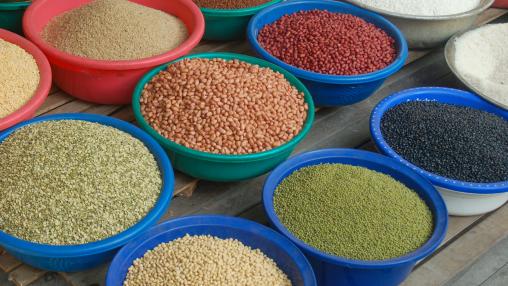
Economic Downturn and Conflict Threatening Nigerian Food Security
Nigeria continues to face severe financial and food security challenges as a result of ongoing conflict and economic downturn. In June, the Central Bank allowed the country’s exchange rate to float. According to the Nigerian Market Monitoring Bulletin released last week by FEWS Net, since that time, the Nigerian Naira (NGN) has depreciated by more than 40 percent.
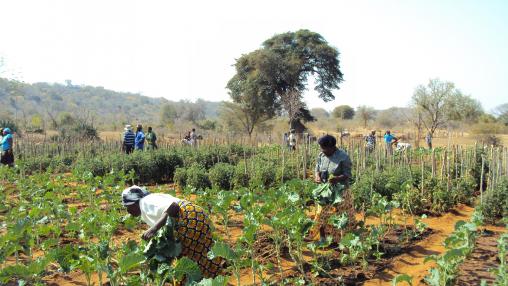
Social Protection Programs and Food Security
The 2010 European Report on Social Protection for Inclusive Development established a comprehensive definition of social protection, defining the concept as:
‘‘A specific set of actions to address the vulnerability of people’s life through social insurance, offering protection against risk and adversity throughout life; through social assistance, offering payments and in kind transfers to support and enable the poor; and through inclusion efforts that enhance the capability of the marginalised to access social insurance and assistance’’.
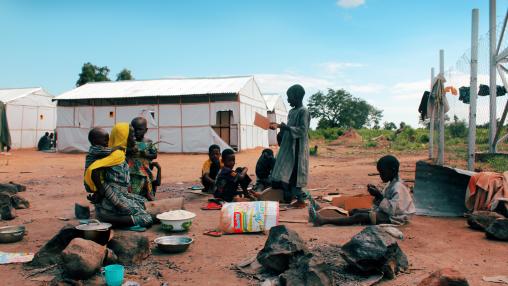
Continued Conflict Threatens Population's Access to Food in Nigeria
The Nigerian Minister of Health has declared a "nutrition emergency" in northeast Nigeria as conflict continues to limit access to food, water, and health services, according to an alert from FEWS Net.
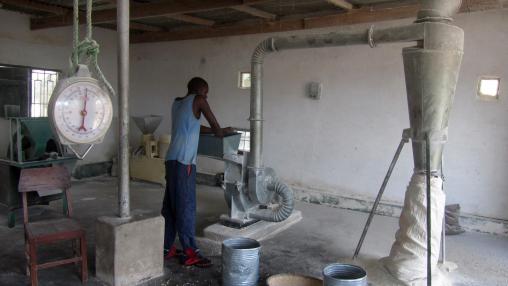
Maize Export Bans Harmful in Malawi
Trade restrictions such as export bans have been a popular way for governments to protect their countries’ domestic food supplies, but research suggests that such policies are largely ineffective and even detrimental. A new policy note from the Malawi Strategy Support Program examines Malawi’s use of these policies and presents alternative policies that could help better meet the country’s food security and agricultural development goals. (Also read about the use of export bans in Tanzania )
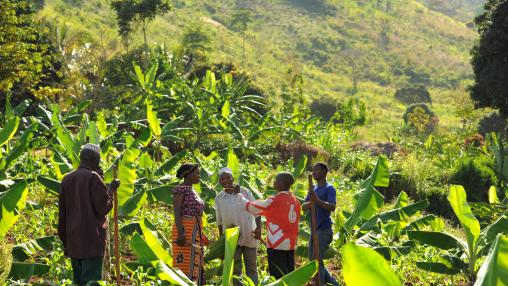
Tanzania Food Security Improving, But Lean Season Still Poses Threat in Some Areas
A new report released by FEWS Net examines current food security conditions in Tanzania, finding that overall national food security prospects are favorable but local-level conditions remain mixed.
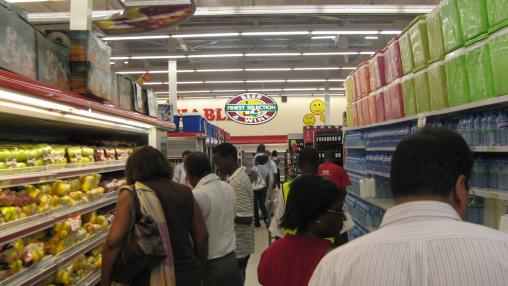
Helping Food Reach Cities: How Urbanization Is Changing Africa's Food System
The latest African Economic Outlook , published by the OECD, finds that despite a weakened global economy, lower commodity prices, and some serious weather shocks, Africa saw positive economic growth in 2015.
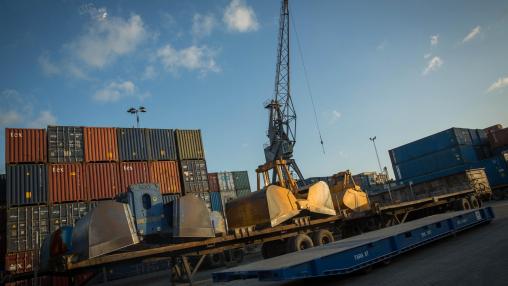
Regional Trade and Food Price Volatility
A new book by the Center for Development Research (ZEF) and the International Food Policy Research Institute (IFPRI) , with support from the CGIAR Research Program on Policies, Institutions, and Markets (PIM) , examines the stability pillar of FAO’s four pillars of food security , focusing specifically on price volatility and extreme price events in food markets.